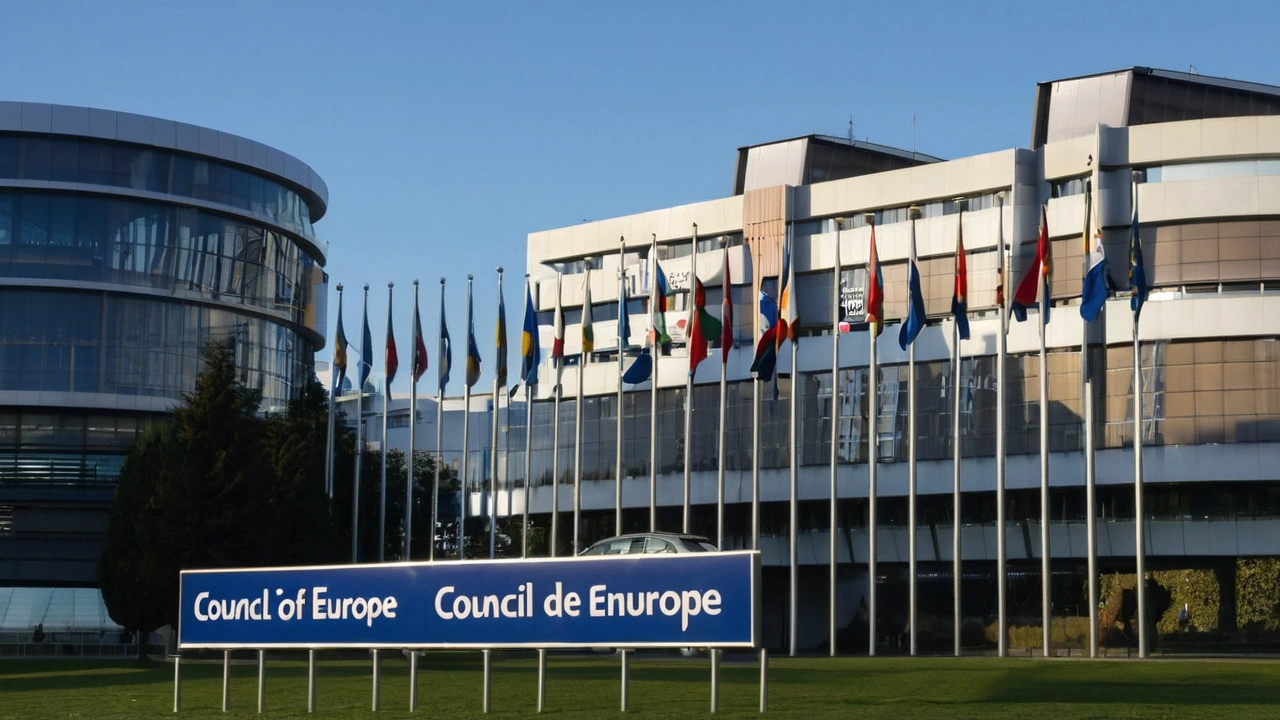EU sanctions: What they mean for Africa right now
Ever wonder why a decision in Brussels suddenly shows up on African news feeds? That’s the ripple effect of EU sanctions. In plain terms, the EU blocks trade, finance, or travel for people, companies, or countries it sees as a problem. The goal is to change behaviour without using force.
For us in Africa, those rules can feel a bit distant, but they touch everyday life. A South African mining firm that sells copper to a European buyer might lose that contract if the buyer is linked to a sanctioned entity. A farmer in Kenya could see export paperwork delayed because a bank in Germany freezes a related account. Understanding the basics helps you react faster.
Why the EU imposes sanctions
The EU usually steps in for three reasons: human‑rights abuse, breaches of international law, or threats to security. Think of the recent measures against Russia, Iran, or certain regimes in Africa that are accused of undemocratic actions. The EU publishes a list of targeted individuals and firms, and that list is updated regularly.
When a name pops up, businesses and investors need to check if they’re dealing with anyone on that list. Failure to do so can mean hefty fines, loss of market access, and a damaged reputation. That’s why many African companies now have compliance teams that scan the EU’s sanction registers before signing a deal.
How sanctions affect African markets
Financial flows are the most visible impact. If an African bank has a correspondent account in the EU, the bank may face extra scrutiny or be cut off entirely. That limits the ability to move dollars or euros, which can slow down imports, exports, and even tourism.
Trade is another big piece. The EU is a top buyer of African commodities – coffee, cocoa, minerals, you name it. When a sanction targets a country that supplies those goods, the EU may ban or limit imports. That can cause price spikes locally and force producers to find new markets, often at a higher cost.
On the political side, sanctions can push governments to change policies faster than diplomatic talks. But they can also create backlash, especially if they hurt ordinary citizens more than the intended leaders. That’s why many African leaders call for a balanced approach.
So what can you do if you’re a business owner or an investor? First, sign up for free alerts from the EU’s official sanction website. Second, run a quick check on every partner using tools like the EU Sanctions List API – it’s faster than manual spreadsheet work. Third, keep a backup plan: know alternative banks or markets in case a channel closes suddenly.
Governments also play a role. Some African ministries now issue guidelines on dealing with EU sanctions, helping local firms stay compliant. If you’re unsure, reach out to your trade ministry or a legal adviser who knows the EU rules.
Lastly, don’t ignore the human side. Sanctions aim to pressure governments, but they can also affect families, jobs, and communities. Supporting NGOs or community projects that help those hardest hit can soften the blow and show you care about more than profit.
Bottom line: EU sanctions aren’t just a European issue – they’re a global one. By staying informed, checking partners, and planning ahead, you can keep your business moving and avoid costly surprises. Keep an eye on the news, use the tools mentioned, and you’ll be better prepared for whatever the EU decides next.
In a significant geopolitical move, the EU has lifted sanctions against several subsidiaries of Yevgeny Prigozhin's companies linked to the Libyan conflict. These firms, originally listed for supporting the Libyan National Army, have been delisted as Prigozhin's influence in Africa grows. This decision may impact Prigozhin's business ventures in the region.
More
